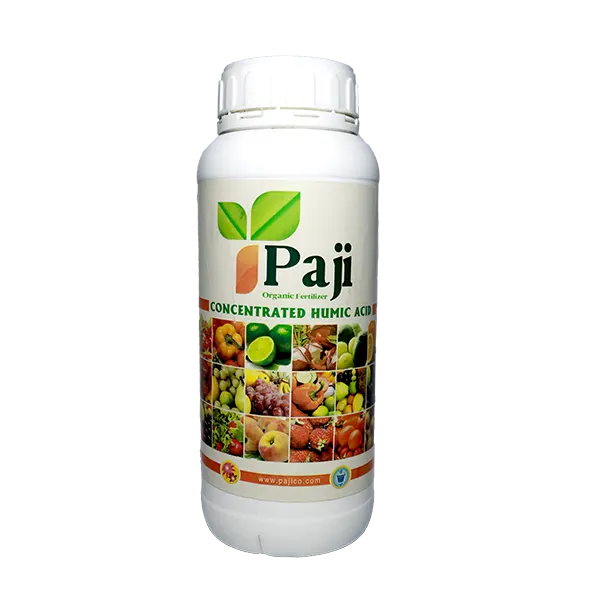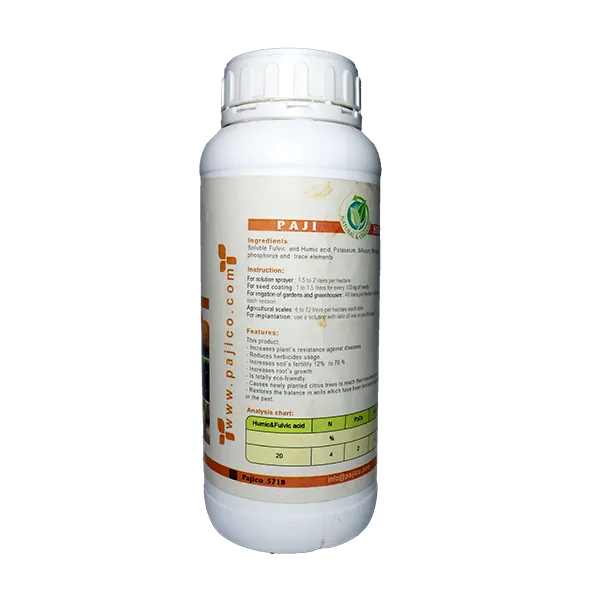Basically, humics are soil conditioners rather than fertilizers, which means that humic acid polymers act like an organic glue and bind the particles of soil minerals together. When these granules are placed together, like pellets placed in a glass, they create an empty space between them, which helps the penetration of more air, water and roots, as well as a suitable space for small organisms, including microscopic and Macroscopically, in case of deficiency or lack of humic acid, it is susceptible to erosion.
The following points can be mentioned among the advantages of this product:
Release of minerals:
The release of minerals is done in different ways, directly, it can release and absorb different elements of minerals and provide the right time to the roots, as well as humic acid by providing food and a suitable environment that stimulates the growth of beneficial soil microorganisms. and microorganisms also help to release the soil in various ways.
Increased resistance to drought:
Humic acid molecules form a bond with water molecules, which prevents water evaporation to a large extent, and fulvic acid molecules (the small molecular part of humic acid) that penetrate into plant tissues by binding to water molecules reduce transpiration and plant transpiration. and helps to maintain water inside the plant.
Water and soil salinity:
The plant has neither unlimited selective absorption power nor an effective excretory system to get rid of unwanted compounds, and it is defenseless against the attack of soluble chemical salts. They are self-absorbed and provided to the plant when necessary
Frost resistant:
Frostbite is one of the problems in dry and desert areas, which is caused by the lack of moisture and the extreme difference between night and day temperatures. Every year, a large part of our agricultural products is lost because of this, but humic acid can prevent frostbite to some extent, the first mechanism is related To increase the activity of soil micro-organisms, which automatically causes the soil around the roots to heat up.
root stimulator:
Humic acid is a well-known stimulator of root formation, for this reason, in nurseries, at the time of chalkod, and to stimulate the growth of the seed, it was impregnated with humic acid or folic acid two times per thousand seeds.
Benefits of humic acid:
Using modern humic acid technology, humic compounds of cellulose composts have been processed, which have advantages such as hormone-like compounds, which help in root expansion and better absorption of elements. Microbial and chemical contamination plays an important role in the production of healthy and high-quality products, especially in greenhouses, and is known to farmers all over the world.

 Persian
Persian English
English

Reviews
There are no reviews yet.